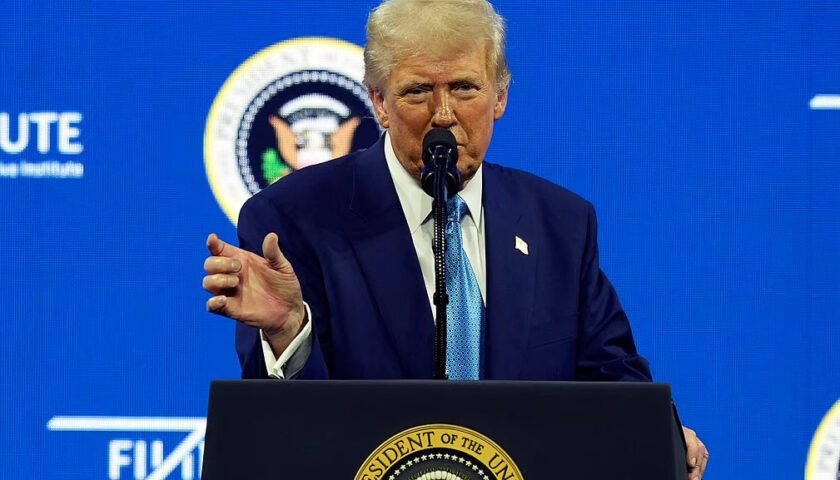The Payments Council of India (PCI), the industry body for digital payments, said it has requested the finance ministry to roll back the Zero-Merchant Discount Rate (MDR) policy for Unified Payments Interface (UPI) and Rupay debit cards in the new financial budget.
MDR is a fee charged to merchants for processing of payments made through UPI, digital wallets, debit, and credit card. (Removed transactions from here). Digital payments, through UPI and digital wallets have shot up over the last year, in terms of value and volume. Between January and December 2021, over 38 billion transactions worth nearly Rs 72 trillion were done just through UPI.
MDR is a key source of revenue for the payments ecosystem. PCI said the industry estimates a loss of Rs 5,500 crore from no revenue being earned on UPI and RuPay debit card transactions. The body has also requested for an incentive of Rs 4,000 crore in its representations to the ministry.
With monthly transactions now having crossed the Rs 8 lakh crore mark, UPI has a share of over 50 per cent of Indian retail digital payments.
The PCI writes to the Finance Ministry — the largest industry body for digital payment aggregators — said it expects a loss of Rs 5,500 crore from UPI and RuPay debit card payments as the MDR on payment from these two options is capped at zero This, the industry body said, limits the aggregators’ ability to “invest in and maintain the financial infrastructure” the payment ecosystem that they have built.
There is still a huge gap to cover so that everyone in the payments value chain gets their credit. With Zero MDR, the government has taken away the ability of these payment service providers to invest in and maintain the financial infrastructure they have built,” the PCI said.
Zero MDR has long been a widely debated issue as the lack of an incentive is also seen as a hindrance in attracting more players to adopt these payment modes and invest more in the development of the tech infrastructure to handle the huge volumes of transactions.





